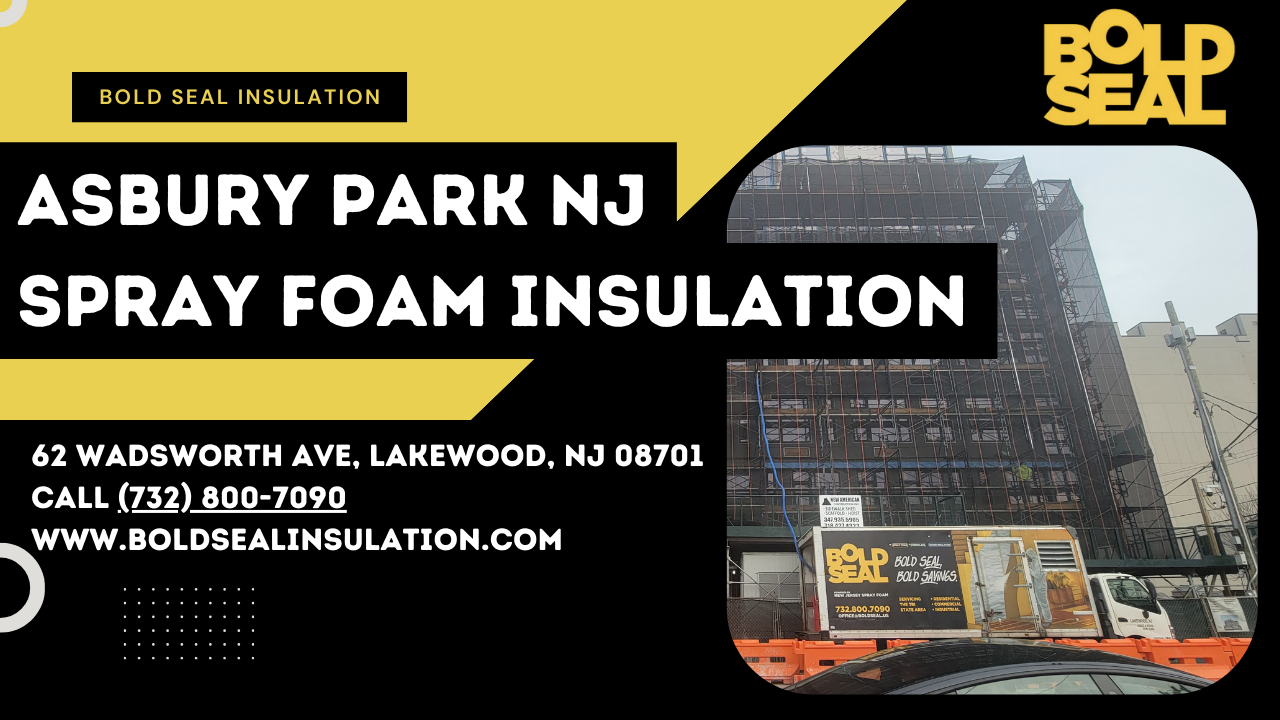Is your home leaking energy and money? A comprehensive energy audit can reveal hidden insulation issues, leading to significant savings on your utility bills and a more comfortable living environment. Let's explore how an energy audit can transform your home's energy efficiency.
What is an Energy Audit?
An energy audit is a systematic inspection of your home to identify areas where energy is being wasted. This detailed assessment evaluates your home's building envelope – walls, roof, windows, doors, and foundation – to pinpoint weaknesses in insulation, air sealing, and HVAC system performance. The purpose is to provide a clear understanding of your home's energy consumption patterns, allowing for targeted improvements to boost energy efficiency and reduce your environmental impact. A thorough home energy audit considers aspects like heat loss, cold air infiltration, and air leakage, ultimately leading to cost savings and improved comfort levels.
How Does an Energy Audit Assess Insulation?
Energy auditors employ various techniques to assess your home's insulation. Visual inspections identify obvious gaps or missing insulation, while more advanced tools provide a deeper analysis. Infrared scanning (thermal imaging) reveals temperature variations across surfaces, highlighting areas of heat loss through poorly insulated walls, windows, or roofs. Blower door tests measure air leakage, pinpointing drafts and air infiltration points that compromise insulation effectiveness. These tests are crucial for identifying where cold air enters or warm air https://howell-township-nj-08701-s-g-6-4-9.theburnward.com/decoding-the-cost-your-guide-to-spray-foam-insulation-prices-in-2025 escapes, compromising your home's energy performance and leading to higher energy bills.

Types of Insulation Reviewed during an Audit
An energy audit examines insulation in various areas of your home. This includes attic insulation, often the most significant source of heat loss; wall insulation, which plays a critical role in maintaining comfortable indoor temperatures; window insulation, crucial for preventing heat transfer; and basement insulation, vital for preventing cold air from seeping into living spaces. The audit assesses the type of insulation material (fiberglass, cellulose, spray foam, etc.), its R-value (a measure of thermal resistance), and its overall condition. The auditor will determine the effectiveness of the existing insulation and identify areas needing improvements. Proper insulation is crucial in saving energy and reducing costs.
What Are the Benefits of an Energy Audit for Insulation?
An energy audit’s primary benefit concerning insulation is its ability to pinpoint deficiencies and guide improvements for optimal energy efficiency. By identifying and addressing areas of inadequate insulation, you can significantly reduce heat loss during winter and heat gain during summer. This translates directly into lower energy bills and a more comfortable home. Beyond immediate cost savings, an energy audit promotes long-term sustainability by reducing your home's environmental footprint. Improved insulation also enhances indoor air quality by preventing moisture buildup, which can lead to mold growth and other health concerns.
What Tools and Techniques Are Used in Energy Audits?
Energy audits utilize a range of tools and techniques to assess your home's energy performance. The blower door test, mentioned earlier, is essential for measuring air leakage. Infrared scanning (thermal imaging) provides a visual representation of temperature variations, highlighting areas needing insulation upgrades. Duct sealing and weatherization are crucial aspects; sealing air leaks around windows, doors, and other openings minimizes air infiltration and improves insulation effectiveness. These tools and techniques ensure a comprehensive evaluation of your home’s energy efficiency, helping to understand and improve insulation performance.
How Can You Prepare for an Energy Audit?
To ensure a smooth and productive energy audit, gather essential information beforehand. Take photos of your home’s exterior and interior, noting any existing insulation or energy-saving features. Collect utility bills from the past year to provide a clear picture of your energy consumption. Compile information on your HVAC system (heating, ventilation, and air conditioning), including make, model, and age. The more information you can provide the auditor, the more tailored their recommendations will be.
Can an Energy Audit Help with Insulation Upgrades?
Absolutely! An energy audit provides a roadmap for insulation upgrades. The audit’s findings will highlight areas needing insulation improvements, specifying the type and amount of insulation required for optimal energy performance. This allows for cost-effective retrofitting and targeted insulation upgrades. The auditor may recommend improvements to your HVAC system to better complement the improved insulation. The energy audit empowers you to make informed decisions about upgrading your insulation for improved efficiency and home comfort.
Frequently Asked Questions
1. What does an energy audit typically cost? The cost varies depending on the size and complexity of your home and the scope of the audit. Get quotes from several providers to compare pricing.
2. How often should I have an energy audit done? Ideally, you should have an audit conducted every few years or after major home renovations.
3. Can I perform an energy audit myself? DIY audits are possible, but a professional assessment provides far more comprehensive and accurate results.
4. What happens after an energy audit? After the audit, you will receive a report detailing findings, recommendations, and a cost estimate for implementing the recommended improvements.
5. Are there financial incentives for conducting an energy audit? Check with your local utility companies and government agencies to see if any rebates or tax credits are available.
In conclusion, an energy audit is a valuable investment for homeowners seeking to improve their home's energy efficiency. By accurately identifying areas of heat loss and air leakage, an energy audit provides critical information to guide effective insulation upgrades, leading to substantial cost savings, increased home comfort, and a reduced environmental impact. Schedule an energy audit today to unlock your home’s energy-saving potential!